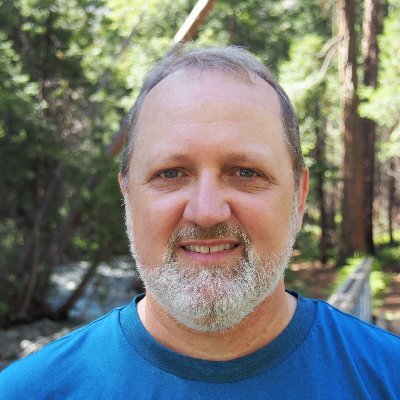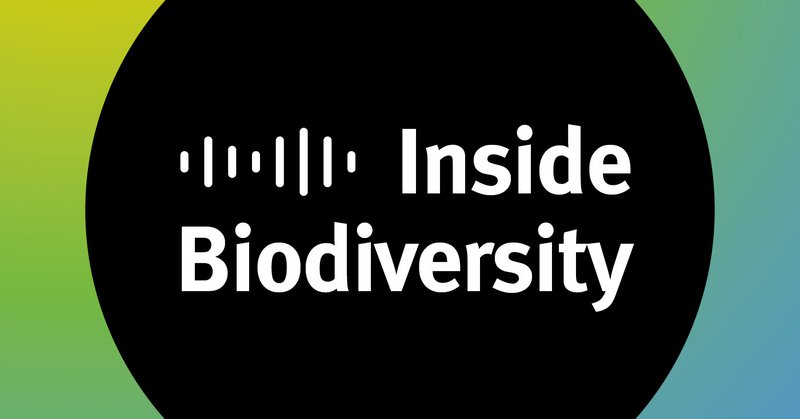
Bradley Cardinale
@CardinaleLab
Followers
888
Following
1K
Media
77
Statuses
1K
The Cardinale Lab is a biodiversity research lab @PSUecosystems. See new textbook: Conservation Biology, 2nd ed. at https://t.co/x325e7hZvD
State College, PA
Joined November 2010
1/6 A. Gonzalez tries to clarify stance on use of time-series data (e.g. BioTIME) to draw conclusions about biodiversity loss. When asked if it was a 'surprise' time-series found equal numbers of +/- diversity trends, Andy overly complicates issue .
insidebiodiversity.podigee.io
What do we really know about biodiversity? Inside Biodiversity brings you in-depth conversations with leading researchers tackling the most pressing and controversial questions in biodiversity...
1
0
5
More biodiversity loss denialism (sigh). Cherry picking and misrepresentation of data and are being used intentionally to sow doubt about biodiversity loss in the same way the Heartland Institute trys to sows doubt about climate change. This is bad science.
🎧 Missed it? Don’t worry! iDiv proudly launched the #InsideBiodiversity podcast, your new go-to source for expert thoughts on biodiversity. 🌿🔍 And stay tuned! — A new episode will be out next month. 🦜 . ✨ P.S. Don't forget to subscribe here:
0
0
0
RT @EU_ENV: Invasive species have cost the world more than €612 billion over the last 50 years, with.🥕agriculture.🌳forestry.🐟fisheries.bein….
0
58
0
RT @ConversationUS: Ecological disruptions are a risk to national security
theconversation.com
Overfishing, disease and environmental crimes cause social and political instability, economic strife and strained international relations.
0
1
0
Good study on biodiversity change quantifying local diversity loss and lack of biotic homogenization. I wonder how the #BioTIME group will respond . probably just ignore this and publish another paper using their deeply flawed time-series.
nature.com
Nature - Key measures of biodiversity were quantified and found to be affected by human pressures that shifted community composition and decreased local diversity across terrestrial, freshwater and...
0
0
0
Young faculty who are mobile, and the best graduate students and postdocs are currently thinking about leaving the U.S. to start their careers elsewhere. We're going to experience a 'brain-drain', which will impact America's ability to remain a leader in anything.
The massive changes in US research brought about by the new administration of President Donald Trump are causing many scientists in the country to rethink their lives and careers.
0
0
1
Our new article in The Conversation highlights Nature's Role in National Security.
theconversation.com
Overfishing, disease and environmental crimes cause social and political instability, economic strife and strained international relations.
0
0
1
RT @rshereme: 11/ Democracy isn’t self-sustaining. It requires us to choose it — again and again. Not with platitudes. But with vigilance….
0
2K
0
RT @hmlfpereira: I am increasingly convinced we have a reproducibility crisis in Ecology because of the abuse of statistics and its explana….
0
138
0
RT @agsciences: Hot off the press! 🌟. Dr. Bradley Cardinale, professor in the Department of Ecosystem Science and Management, has released….
0
1
0
It seems that every 5 to 10 years we invent a new term to try and advance an old idea. Maybe if we just delivered on the original idea in the first place, we wouldn't have to fein novelty so often. Society for Conservation Biology
conbio.onlinelibrary.wiley.com
There has been much recent interest in the concept of rewilding as a tool for nature conservation, but also confusion over the idea, which has limited its utility. We developed a unifying definition...
0
0
4








